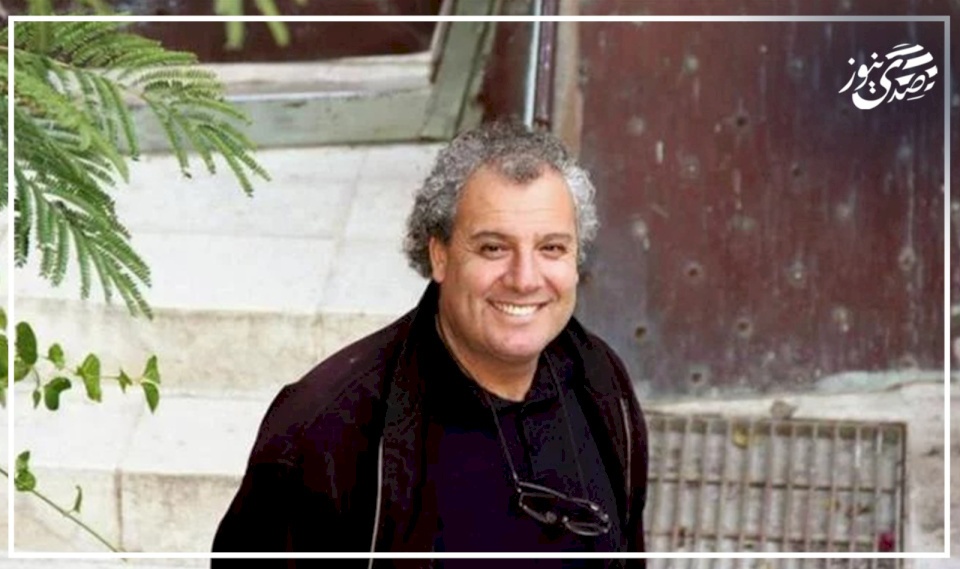
A Visual Massacre in Our Schools
I asked many visual artists in Palestine about the details of the art classes they had as students in schools, and whether it had an impact on maturing their talents, or providing them with initial experience, or inspiring them with methods, climates, and materials. Most of the answers were as follows: In schools, we started to draw on our own, or with encouragement from family, or a few friends, and very rarely, from teachers. In schools, there was no generosity in providing us with drawing tools, and the overall climate in the school was indifferent to art, or neutral in its perspective. There were teachers who resembled (the mistakes) in schools, found by chance or for a short time. They contributed by encouraging and adopting modern artistic methods in some schools, but under the pressure of material needs, and perhaps fleeing from the climate of indifference to the arts in schools, they leave for private schools or other institutions.
This is a call for action from the Union of Palestinian Artists, or from any artistic and cultural body, to intervene seriously in enforcing the teaching of drawing in our schools, in appropriate and modern ways, to stop using the trick of its existence, and to cease using it in the farce of quickly and readily replacing its classes with other educational materials. The visual taste of our students is in danger, their right to enjoy the discovery of life, and to rewrite it visually and colorfully, is still forbidden. Let us, quickly, as intellectuals, painters, and interested parties, ring the alarm about the danger of the absence of visual taste for both students and teachers in our schools. If the number of art classes' corpses in our Palestinian public schools were counted, we would discover horrific massacres of decaying and unburied remains beneath the ground, in the right of a human art that everyone has the right to belong to and love, an art that was gifted to us for our humanity, and in honoring our taste, and our right to enjoy life, discovering its dimensions and understanding its mystery. There is no art teacher studying fine arts in schools in Palestine, and if there is, it is a rare case, and strange within the framework of the curriculum and the sterile educational vision and annual activity plans. The physical education teacher, or the Arabic language teacher, or the Islamic education teacher, or the science teacher enters the scheduled art class in the weekly student schedule, saying to them verbatim: draw anything. The students then pull out their drawing notebooks and colors, and start drawing, drawing anything as they were asked to, drawing the sea and the sky and the tank and the apple and the road and the tree and the little bird, and they do not present their paintings to the art teacher, because, simply, he cannot hear them, can a deeply sleeping man hear anyone else speaking to him? The teacher leaves the class, yawning. The bored students stuff their drawing notebooks into their bags, preparing for another class. This occurs in the case that the teacher asked them to draw. In most cases, he does not ask them that, because he transforms the scheduled art class into another subject that he teaches, such as Arabic or history, believing it to be more useful (and more serious), subjected to scrutiny and inspection, and receiving attention and follow-up from the students' families. The scrutinizer discovers in the scene of the assassination of the art class in Palestinian schools a horrifying trick; the ministry officially decides in its plans and programs for art classes, sends inspectors to schools, but does not employ fine artists, shows no interest in the content taught by the art teacher in the class, and only celebrates students' talents once a year, in improvised, unserious competitions, judged by teachers who have nothing to do with art.
This is not a flaw, nor bureaucracy or poor assessment and administration; this is a permanent silent massacre, invisible, accumulating before our eyes without us reflecting on it, producing its victims only after a long time. I recall here a tragic scene that I will never forget: there was a tradition at the end of the two-month exams, where every teacher sits in front of his class to have parents come and ask him about their children's status in the subject. At that time, I was the librarian, sitting in front of the library while parents passed by me unconcerned, and I heard a mother say to her friend, who was the mother of another student: "Come, let us see how our kids are doing in reading in the library," and the words of the second mother echoed in my ears: "Books? What sister, the most important things are math, English, and Arabic materials, come on, come on."

Two Mini-States and Two Palestinians

Is War Against Iran Imminent?

With Leaders of His Army and Intelligence Present: Netanyahu Declares "War" on the Negev

Destruction of the Islamic Scene in the West

Media Deception… When Lies Are Cloaked in the Garb of Truth

Gaza Under Siege and Assassinations: Israel's Policy for Managing the Conflict

What is Required from Meladienov

